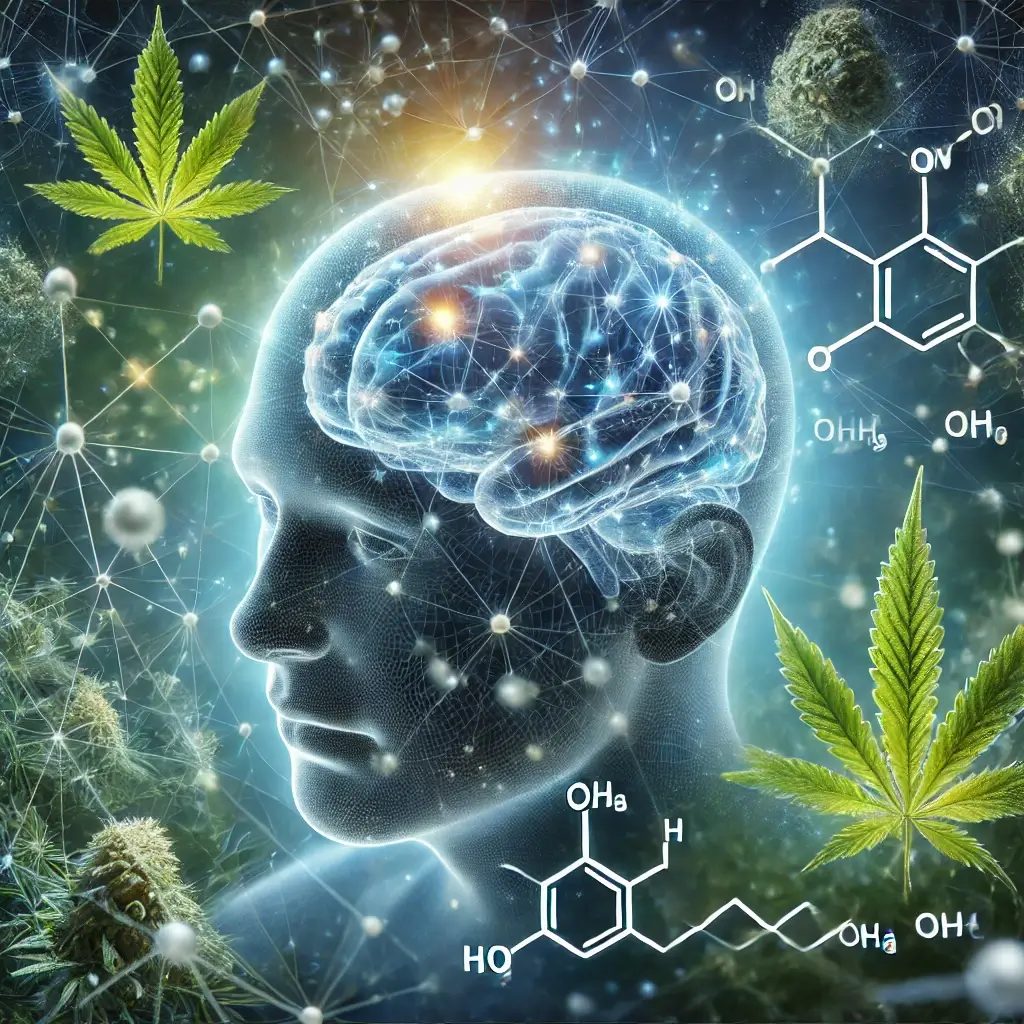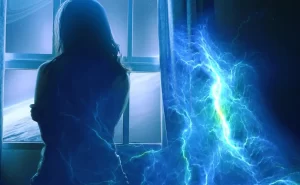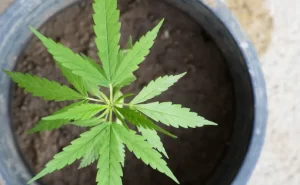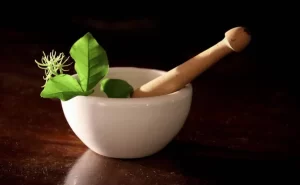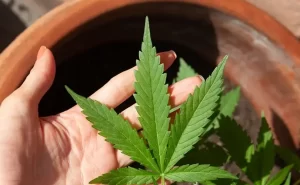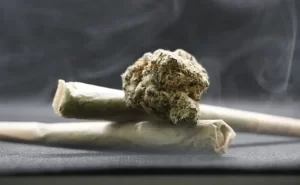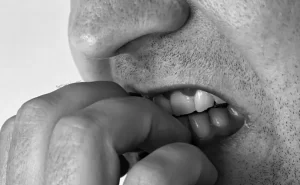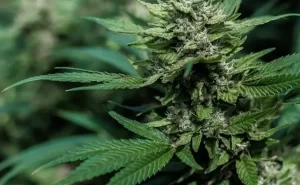What is Cannabis Poisoning?
Cannabis poisoning occurs when someone consumes too much cannabis at once. It’s more familiar with edibles (cannabis-infused foods or beverages) because the effects take longer to kick in than smoking. This can lead to people drinking more than they meant while waiting to experience the high.
Here’s an overview of the main points of cannabis poisoning:
Symptoms:
- Difficulty in coordination
- Reduced muscular strength
- decreased hand steadiness
- Postural hypotension (dizziness while standing up)
- Lethargy
- Decreased concentration
- Slower reaction time
- Slurred speech.
- Conjunctival injection (red eyes)
- Confusion
- Amnesia
- Delusions
- Hallucinations
- Anxiety or agitation
Children are more sensitive because of their smaller body weight and may experience more severe symptoms.
Severity: Cannabis poisoning symptoms are rarely fatal, but they can be highly unpleasant and cause severe agony. In severe circumstances, people may experience rapid heartbeat, vomiting, and even psychosis.
High-risk groups: Inexperienced users are more susceptible to cannabis poisoning since they may be unaware of their tolerance levels. Children are more sensitive because of their smaller body weight and may experience more severe symptoms.
Treatment: There is no known antidote to cannabis poisoning.
- Treatment usually includes supportive care to alleviate symptoms until the effects wear off, which might take many hours. In severe circumstances, hospitalization may be necessary.
- The initial step in treatment is to isolate the individual from the source of the cannabis, whether through inhalation or ingestion. Once removed, the patient should be regularly followed to ensure their symptoms do not deteriorate.
Supportive care is the most common treatment for cannabis toxicity. This entails controlling the symptoms of the disease until the effects wear off, which can take many hours. Cannabis poisoning can cause anxiety, paranoia, confusion, dizziness, and dry mouth.
Supportive treatment may include:
- Giving the person fluids to prevent dehydration.
- Creating a peaceful and quiet atmosphere to help them relax.
- Offering drugs to assist them in managing their symptoms.
It is crucial to note that the effects of cannabis differ significantly from person to person.
In extreme cases of cannabis poisoning, hospitalization may be required. This is especially true if the patient is having hallucinations, seizures, or difficulties breathing.
The individual may require more intensive treatment, such as intravenous fluids, oxygen therapy, or a mechanical ventilator to aid breathing.
It is crucial to note that the effects of cannabis differ significantly from person to person, and some people may be more sensitive to them than others. Furthermore, the potency of cannabis products varies widely, making it difficult to estimate how severe the effects would be.
As a result, it is critical to exercise caution when using cannabis products and to seek medical attention if you suspect you or someone else is experiencing cannabis toxicity.
Prevention:
- Start low and progress slowly, especially with edibles.
- Wait at least 2 hours before ingesting any further edibles, as they can take that long to take effect.
- Be aware of the potency of the cannabis product you’re using.
If you believe someone has overdosed on cannabis, contact emergency personnel immediately.
Important note:
These are basic suggestions; the degree of effects will vary based on the individual and the amount of cannabis consumed. If you are concerned about cannabis usage or potential poisoning, you should always visit a medical expert.



